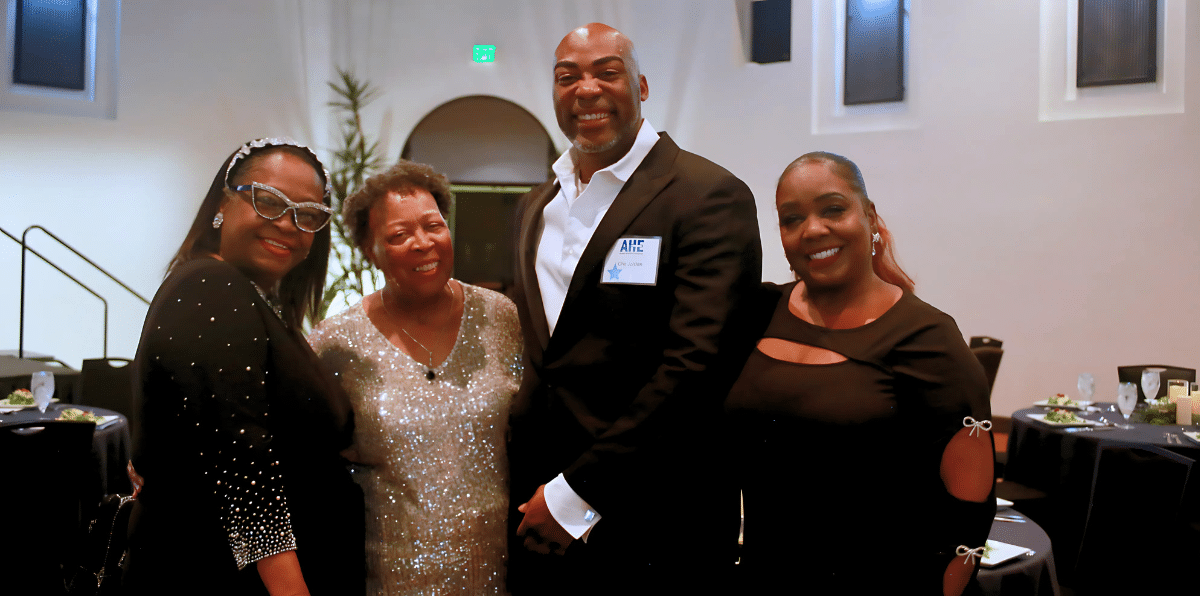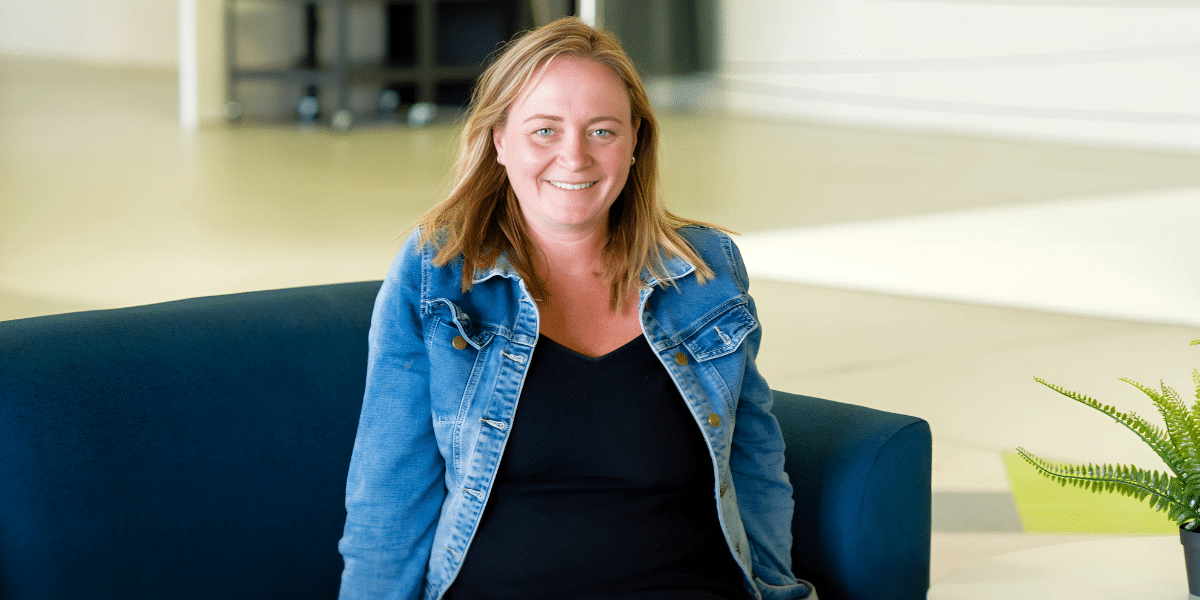In the intricate dance of life, the path to parenthood can sometimes transform into a complex maze, fraught with unexpected turns and hidden obstacles. For many couples and individuals yearning for a child, infertility emerges as a silent challenge, casting shadows on dreams and aspirations. However, amidst this emotional whirlwind lies a beacon of hope—knowledge. Vernita Pearsall, MBA, CMA, Director of Operations at Muna Fertility and owner of VP Fertility Coaching and Consulting, encapsulates this belief in her powerful assertion: “Knowledge is POWER.” This article delves into the importance of understanding infertility. It highlights how informed patients can collaborate more effectively with their reproductive physicians to navigate diagnostic tests and treatments.
Embarking on the infertility journey often brings feelings of isolation and confusion. The medical terminology alone can seem like a foreign language. Yet, patients must grasp these concepts before stepping into a reproductive physician’s office. Understanding the basics of fertility—including common causes of infertility, potential tests required, and treatment options available—arms individuals with the tools needed to engage in meaningful discussions with their healthcare providers.
Infertility affects a diverse range of individuals. It’s a condition that does not discriminate based on race, economic status or geography; however, its impact is profoundly personal. Causes range from ovulatory disorders and tubal damage to sperm dysfunction and unexplained factors that leave both patients and doctors searching for answers. By acknowledging this diversity in causes, patients can better appreciate why personalized diagnostic testing is essential.
The process begins with comprehensive diagnostic testing to uncover any underlying issues contributing to fertility challenges. These tests might include blood work to check hormone levels, ultrasounds to examine reproductive organs, semen analysis for men, and possibly more invasive procedures if initial tests don’t provide clarity. Each step is designed as a hurdle and an opportunity to gather crucial information that will guide the treatment plan.
Treatment strategies vary widely depending on diagnosis but can range from medication aimed at stimulating ovulation to more advanced techniques such as In Vitro Fertilization (IVF). Alternative paths like surrogacy or adoption also become considerations for some. Herein lies the significance of Pearsall’s mantra: Armed with knowledge about these options, individuals can make choices aligned with their values, circumstances, and medical advice.
Yet knowledge extends beyond understanding medical facts; it encompasses recognizing emotional needs during this trying period. Support systems play an integral role in navigating infertility—a journey that shouldn’t be walked alone. Engaging in communities—whether online forums or local support groups—can offer solace and understanding to those traversing similar paths.
Moreover, fostering an open dialogue with one’s partner about fears, expectations, and limits regarding treatment is vital for maintaining emotional health. Such conversations ensure that decisions are made collaboratively, with mutual respect for each individual’s boundaries.
Vernita Pearsall is at the forefront of empowering individuals facing infertility through education. Her expertise illuminates the technical aspects and highlights the importance of compassionate care tailored to each person’s unique situation. While Muna Fertility offers cutting-edge treatments guided by scientific advances in reproductive health, VP Fertility Coaching provides a guiding hand through coaching services that address informational needs and emotional support.
Pearsall’s statement “Knowledge is POWER” transcends being merely informative, it embodies encouragement for those feeling overwhelmed by their fertility journey to reclaim control through understanding. Armed with information facilitates asking pertinent questions such as:
“What specific factors are contributing to my/our infertility?”
“Which diagnostic tests will provide us with the necessary insights?”
“What are all our treatment options, including success rates?”
“How do we balance our desire for children with our physical well-being?”
Asking these questions doesn’t just clarify treatment pathways; it fosters a partnership between patient and physician where informed decisions lead towards achieving desired outcomes.
To sum up, navigating infertility requires resilience bolstered by knowledge, an invaluable tool in making informed decisions about one’s health journey towards parenthood. Embracing Vernita Pearsall’s ethos transforms an otherwise daunting experience into an empowered quest filled with hope, not just for conception but for finding strength within oneself regardless of the outcome.
Published by: Martin De Juan














